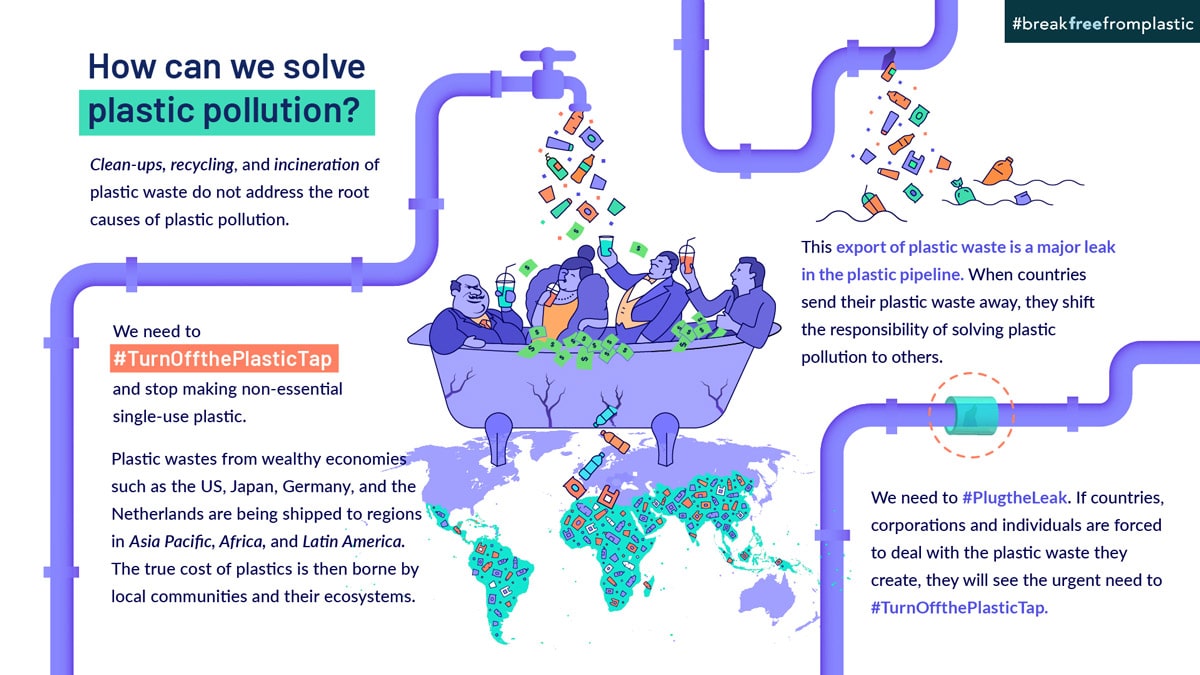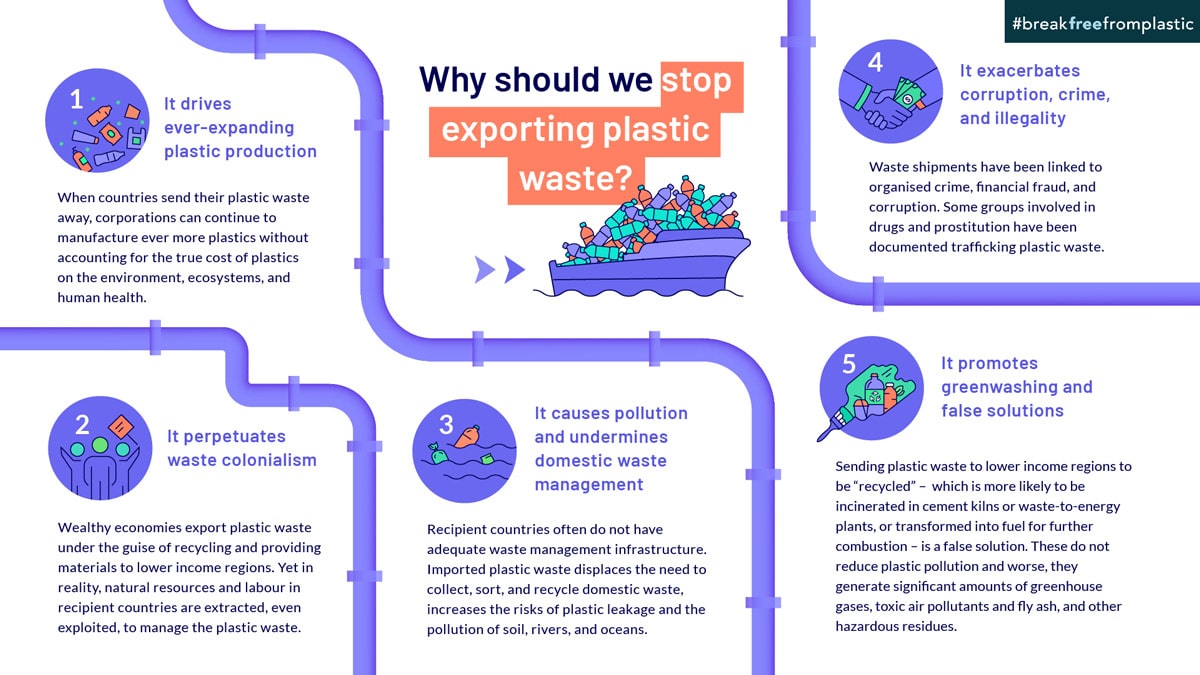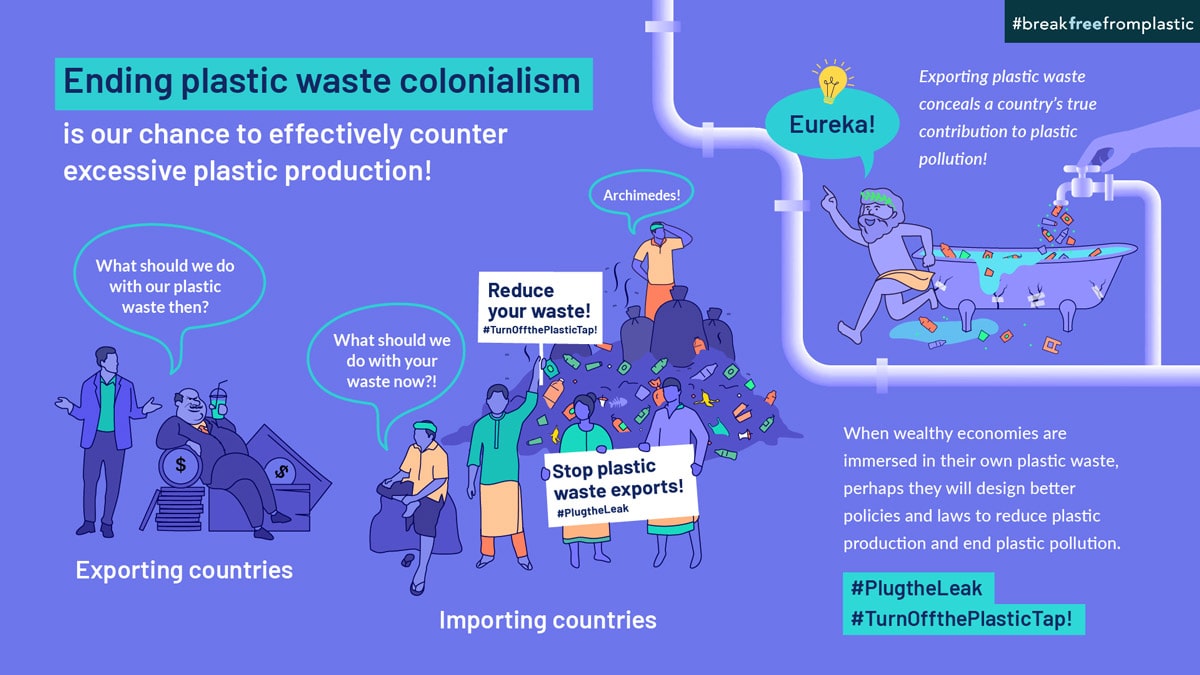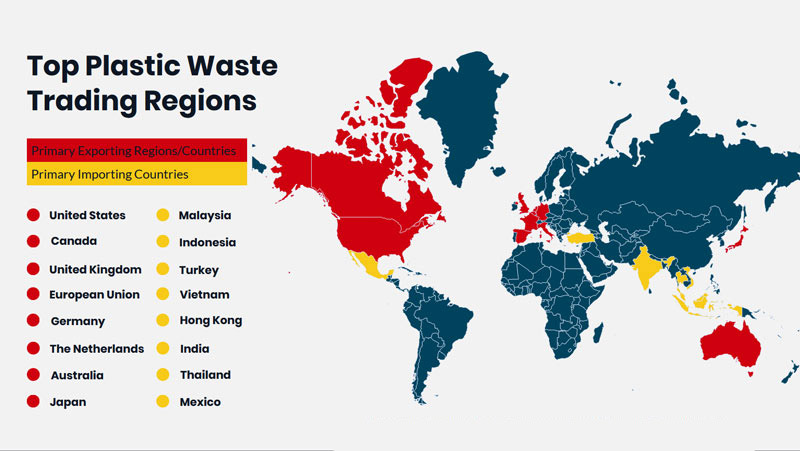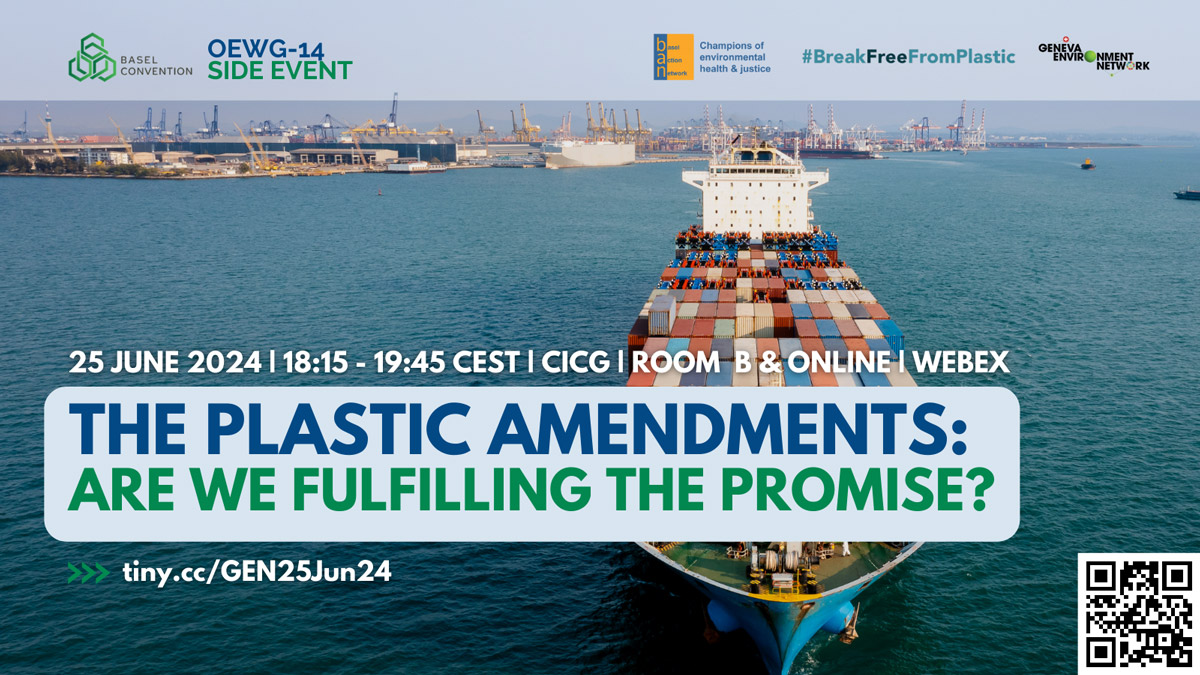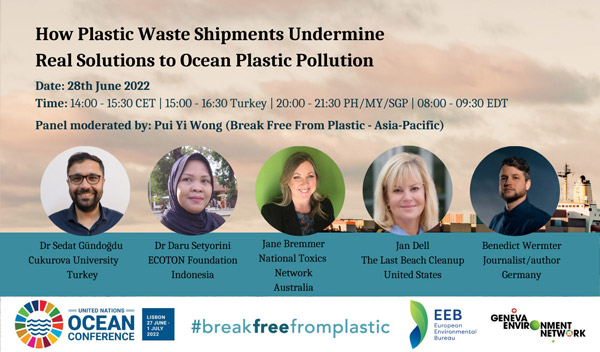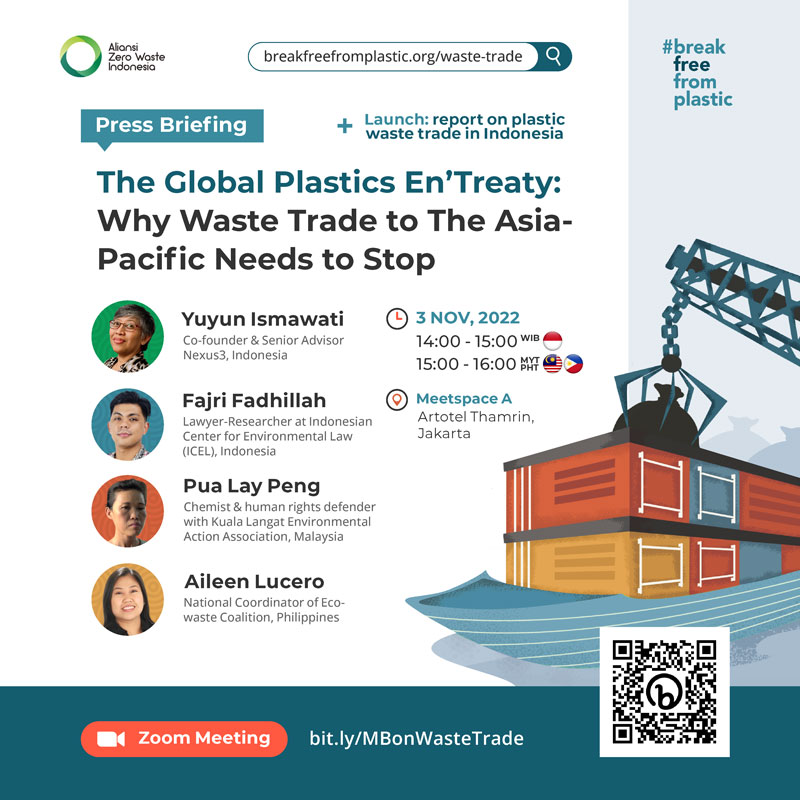Nina's Action Stop Plastic Pollution
Break Free From Plastic | 2025
A report on youth activist, Aeshnina Azzahra Aqilani's action at the fifth intergovernmental negotiations for the Global Plastics Treaty, in Busan, South Korea. Through her inspired action, she calls for a global reduction in plastic production and a ban on toxic chemicals in plastic manufacturing.

